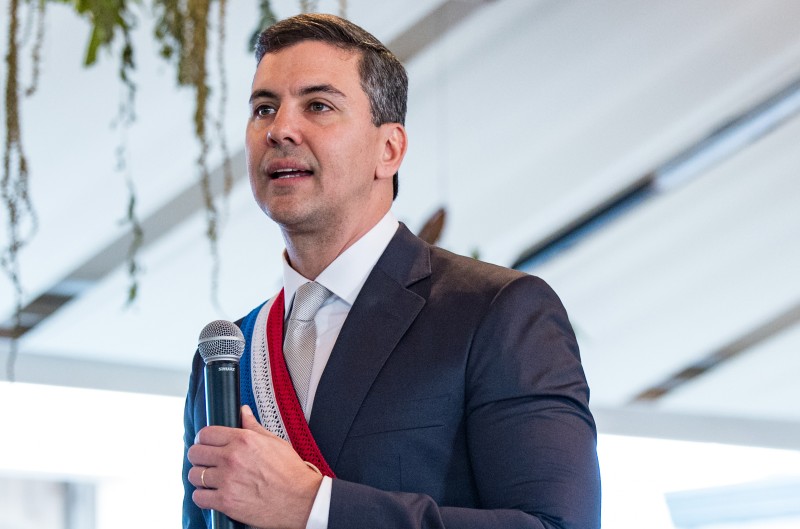Reported by
Paraguay has launched a cybersecurity strategy the week after a criminal hacking group released citizenship data, because the government refused to pay a ransom.
OCCRP reported last week that the government had decided not to pay off a cybercrime group calling itself Brigada Cyber PMC, which had obtained personal identity data on Paraguayans. The group published the records after it failed to receive $7.4 million it had demanded by June 13.
“We are completely and utterly defenseless,” Paraguayan cybersecurity expert Luis Benítez told OCCRP.
The information on Paraguayan citizens can now be cross-referenced with other databases and social media accounts, Benítez said. This could allow nefarious actors to build a "pretty good profile of people in the country, a behavioral, a psychological profile. That can do a lot of damage."
Paraguay’s Ministry of Technology and Information did not respond to requests for comment.
Four days after the data was released, Paraguayan President Santiago Peña announced the launch of a national cybersecurity strategy to “protect citizens' rights and data in the digital age.”
“The state must be a shield, not a risk,” Peña said in a June 17 speech. “My idea as president is that every state institution protects citizens' data and rights with the same seriousness with which it protects its physical resources.”
Benítez said he was not convinced the government was capable of handling cyberattacks like those that have struck the country recently.
The attacks include the ransom of citizenship data by the group calling itself Brigada Cyber PMC, which was first reported by Resecurity, a Los Angeles-based cybersecurity company.
Meanwhile, unknown attackers last week hacked Peña’s X account. That followed the breaching of several Paraguayan public institutions in May, including the ministries of health, justice and labor.
In November, a team of Paraguayan and American investigators said the country had been targeted by the “cyber espionage actor Flax Typhoon,” which had links to the Chinese government.
“The state institutions don't understand how to manage this,” said Benítez. “The problem of cybersecurity is deep, serious, and big, and it's not being addressed.”






